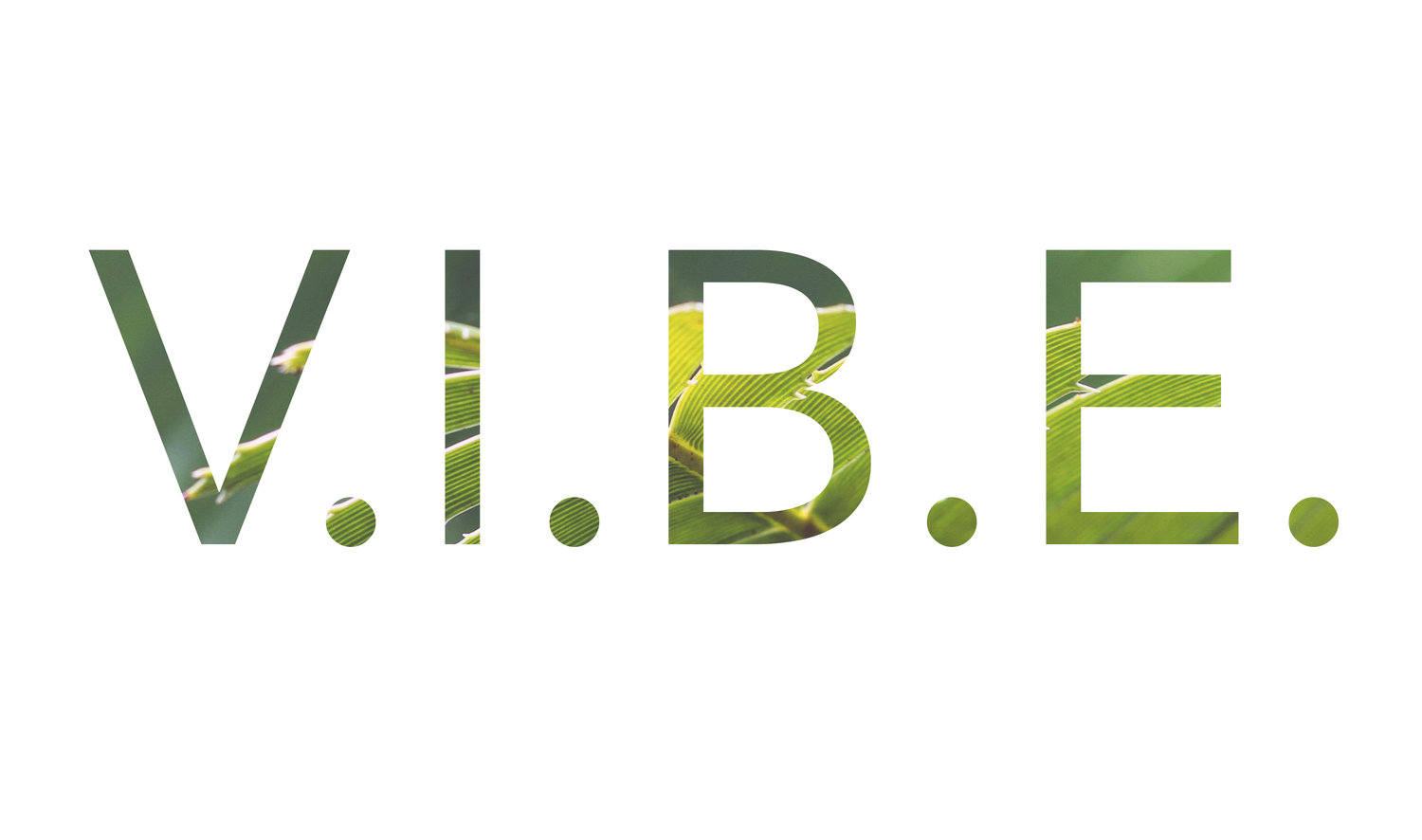If you’ve spent time recently in a juice bar, whole foods, or a juice bar IN whole foods, you’ve probably heard the word “adaptogen” thrown around. Maybe a tall blond pore-less woman requested a scoop in her buzzword filled smoothy, or maybe you overhead a vitamin guru gushing about how much energy he has. Either way, it sounds fancy and scary, and a pore free face with tons of energy is something you might be interested in.
What the heck are they?
Adaptogens are not a single substance you can buy on the shelf, but rather a category of herbs. Adaptogens have a normalizing effect. They help the body to cope with stress, and better adapt to various environmental factors. In essence, adaptogens are medicine for the healthy. They keep body processes on track, and make sure a late night at work (or years of late nights at work) don’t send you into a tail spin of high blood pressure and migraines.
Ok that’s great, but I still don’t know what they are…
The most commonly seen adaptogens are ginseng (American and Asian) and “ashwagandha,” (or as my dad likes to call it “ashey-haha”). All three of these are potent herbs with properties that increase energy, aid in memory, boost the immune system, fight cancer, and decrease inflammation. (No promises on pore size though…)
Other herbs commonly used as adaptogens are:
- Cordyceps mushroom (Dong Chong Xia Cao)
- Codonopsis Root (Dang Shen)
- Eleuthero root (Ci Wu Jia)
- Green Chirayta (Chuan Xin Lian)
- Guduchi root
- Holy Basil herb
- Gynostemma herb (Jiao Gu Lan)
- Licorice root (Gan Cao)
- Reishi mushroom (Ling Zhi)
- Rhaponticum root (Lou Lu)
- Rhadiola root (Hong Jing Tian)
- Schisandra fruit (Wu Wei Zi)
- Siberian Ginseng (Wu Jia Shen)
- Shilajit (Wu Ling Zhi)
- Shiitake mushroom
Need help choosing the right adaptogen for you? Schedule an herbal consult here and I would love to help!


